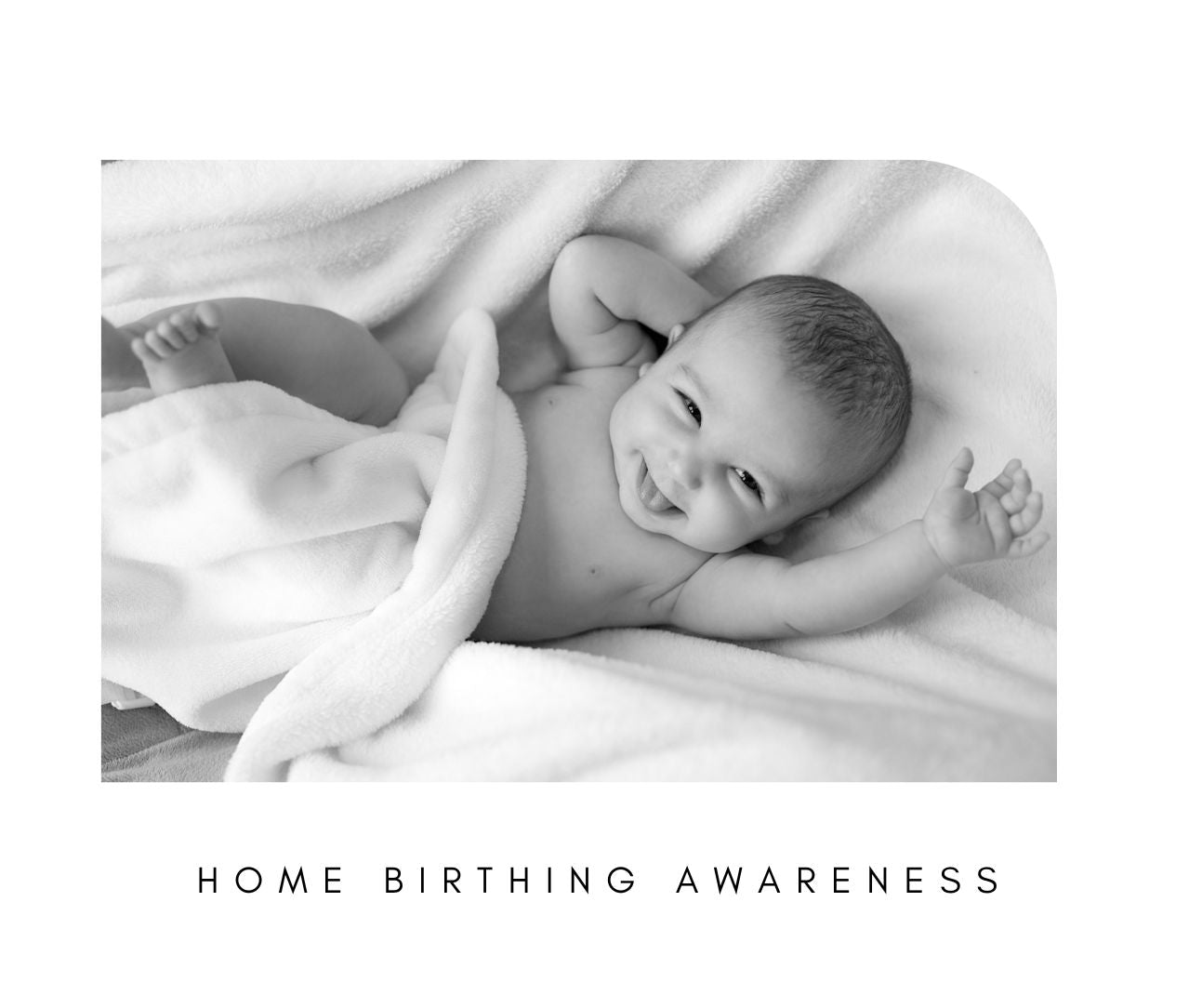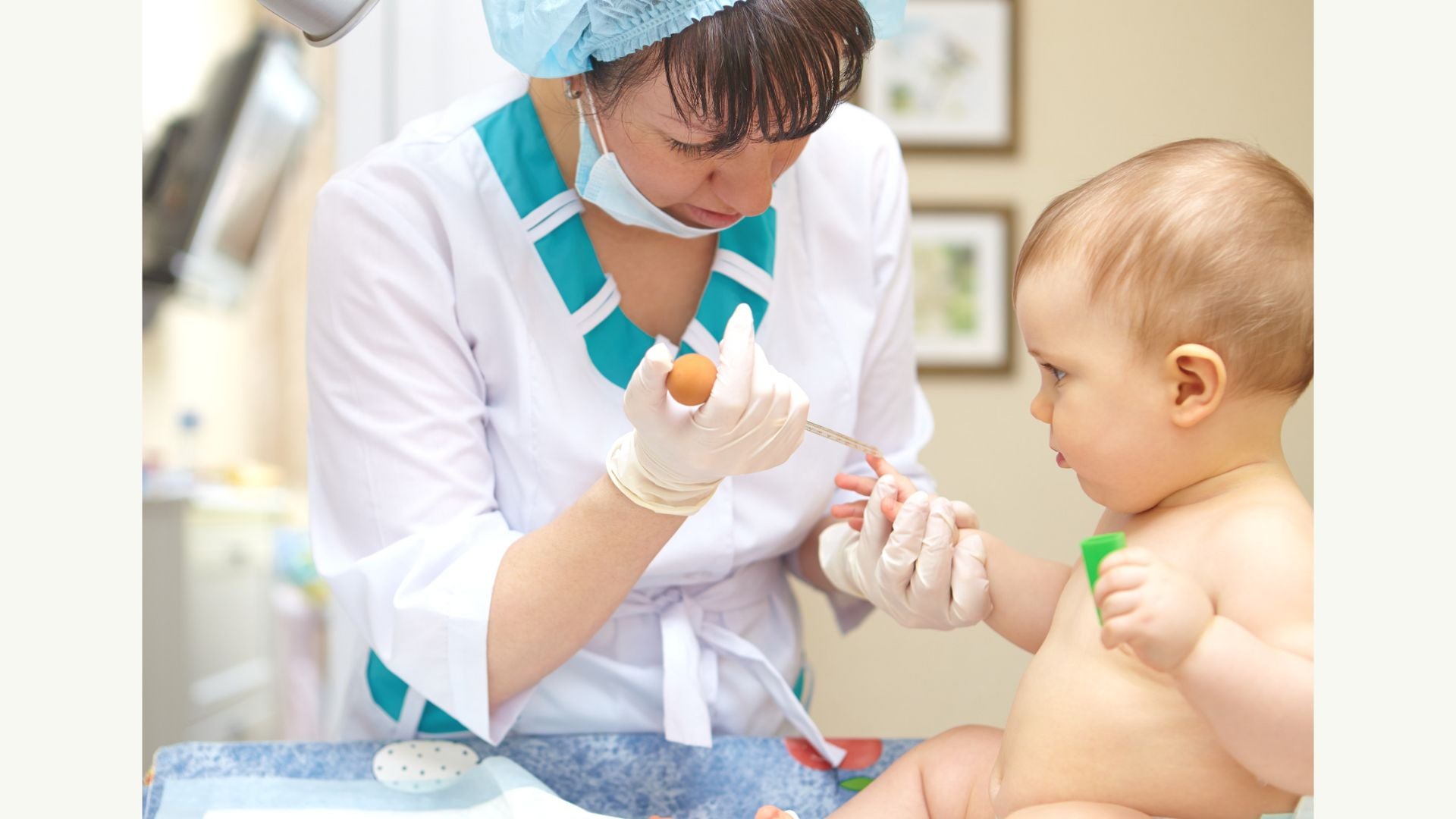Postnatal Stretch Marks: Impact, Misconceptions, Prevention and Treatments

Postnatal Stretch Marks: Impact, Misconceptions, Prevention and Treatments
Hello there! If you're reading this, chances are you or someone you know is experiencing stretch marks post-pregnancy. Don't worry, it's completely normal and nothing to be ashamed of. In fact, around 90% of women get stretch marks during their pregnancy journey.
Stretch marks are the result of your skin stretching too quickly due to weight gain or rapid growth. During pregnancy, your body goes through a lot of changes, including weight gain and hormonal fluctuations. This causes the skin to lose its elasticity and results in stretch marks appearing on various parts of the body such as the stomach, hips, thighs, and breasts.
While many people consider stretch marks to be a badge of honour for carrying a child, some may feel self-conscious
Emotional Impact
Stretch marks from pregnancy can have a significant emotional impact on many women. While they are a natural occurrence and a sign of your incredible journey into motherhood, they can sometimes affect your body confidence and self-esteem. It's perfectly normal to have mixed feelings about this change in your body. Remember, it's okay to love your body, stretch marks and all, but it's also completely normal to want to minimize their appearance. It is important to remember that you are not alone; most women experience this during and post-pregnancy. Open conversations about these changes can help normalize stretch marks and alleviate any feelings of isolation or self-consciousness. Reach out to supportive communities or professionals if you're finding it difficult to cope with these changes. Your feelings are valid, and it's okay to seek help if you need it.
Misconceptions About Stretch Marks
There are several misconceptions about stretch marks that can lead to undue stress or misguided attempts at prevention and treatment. One common myth is that only overweight individuals or those who gain excessive weight during pregnancy get stretch marks. The truth is, anyone can develop these marks, regardless of their size, weight, or fitness level, due to factors such as hormones or genetic predisposition.
Another common fallacy is that stretch marks can be entirely prevented. While a healthy lifestyle and skincare regimen can certainly minimize their appearance, it's important to understand that factors beyond our control, like genetics and hormonal fluctuations, play a significant role in their development.
Lastly, some people believe that once stretch marks appear, they're permanent. While it's true that these marks are long-lasting, various treatments—from topical creams to laser therapy—can significantly reduce their visibility. It's crucial to consult a dermatologist to understand the best treatment options for you. Understanding these misconceptions about stretch marks can help manage expectations and guide effective strategies for treatment.
Tips for Prevention
Preventing stretch marks altogether might not be possible due to genetic factors, but there are a few strategies that can minimize their appearance. Firstly, maintaining a healthy lifestyle is key. Regular exercise can help keep your weight in check, preventing rapid weight gain that often leads to stretch marks. A balanced diet rich in vitamins, particularly Vitamin E and C, can help maintain skin health. These vitamins are essential for collagen production, which helps maintain the elasticity of your skin. Keep your skin hydrated by drinking plenty of water and applying moisturizer regularly. Some mothers swear by the effectiveness of natural oils such as coconut oil or almond oil to keep the skin supple. Remember, it's always best to consult with a dermatologist or a healthcare provider before starting any new skincare routine during pregnancy.
Natural Remedies
There are several natural remedies that some people find helpful in reducing the visibility of stretch marks.
One popular natural remedy is aloe vera. Known for its healing and soothing properties, aloe vera can be applied directly to the affected areas. It can help to reduce inflammation and may have a mild effect on the reduction of stretch marks.
Another remedy is lemon juice. The natural acidity of lemon juice can help lighten stretch marks. To use, simply rub a cut lemon over the stretch marks and let the juice soak into your skin.
Cocoa butter is also frequently recommended for stretch marks. This natural fat hydrates and nourishes the skin, promoting elasticity and reducing the appearance of stretch marks over time.
Lastly, egg whites, rich in proteins and amino acids, can be a beneficial treatment. Some individuals apply whipped egg whites to stretch marks, allowing the protein to tighten and rejuvenate the skin.
Remember, before using any new substance on your skin during pregnancy, it's essential to discuss it with your healthcare provider to ensure it's safe for both you and your baby.
Tips for Minimising the Appearance of Stretch Marks
While self-acceptance is paramount, if you're interested in minimizing the appearance of your post-pregnancy stretch marks, there are a few strategies you might want to consider:
- Hydrate and Moisturize: Keep your skin hydrated both inside and out. Drink plenty of water and use a good moisturizer. Some people find products with ingredients like cocoa butter, vitamin E, or hyaluronic acid helpful.
- Nourish with a Healthy Diet: A balanced diet rich in antioxidants, vitamins, and minerals can help maintain skin health. Focus on including foods high in vitamins C, D, E and zinc, as well as protein-rich foods.
- Exercise Regularly: Regular workouts can help tighten the skin and reduce the appearance of stretch marks.
- Exfoliate: Gently exfoliating your skin can help remove dead skin cells and stimulate new growth. Use a body scrub or a brush on your stretch marks a few times a week during your shower.
- Consider Professional Treatments: Various dermatological procedures such as laser therapy, microdermabrasion, or chemical peels may help reduce the visibility of stretch marks. It's essential to consult with a qualified professional before pursuing these treatments.
Remember, these methods may not completely remove stretch marks, but they can help lessen their appearance. Every body is unique, and what works for one person may not work for another. Always consult with a healthcare professional before making significant changes to your skincare routine.
Lifestyle Changes
Lifestyle changes can also play a significant role in managing stretch marks. Keeping your body weight in a healthy range can help; drastic weight fluctuations can exacerbate stretch marks. If you are planning to lose weight, aim for a slow, steady loss instead of rapid weight loss. It's also important to manage stress levels, as stress can impact your skin's elasticity, making you more susceptible to stretch marks. Incorporating stress management techniques, such as meditation, yoga, or other relaxation exercises in your routine, can be beneficial. Lastly, avoid direct sun exposure as much as possible. UV rays can cause stretch marks to become more noticeable and can slow the healing process. When you need to be in the sun, always wear a broad-spectrum SPF 30 or higher to protect your skin. Remember, these lifestyle changes should complement the strategies mentioned above, not replace them.
Medical Treatments
Apart from natural remedies, there are several medical procedures that can help in reducing the appearance of stretch marks. One such treatment is Microdermabrasion, a procedure that involves exfoliating the skin in a manner that stimulates the production of elastin and collagen.
Laser therapy is another option that can be quite effective. This treatment uses light to stimulate collagen, elastin or melanin production. Although it's an expensive treatment, it can significantly reduce the visibility of stretch marks.
Chemical peels could also be considered as a solution. This process involves applying a chemical solution to the skin, causing it to exfoliate and eventually peel off, revealing a new layer of regenerated skin.
Topical retinoid therapy is another common method used by dermatologists. It involves applying a cream or lotion that contains retinoids, which has been shown to rebuild collagen, making the appearance of stretch marks less noticeable.
Lastly, there is the option of cosmetic surgery. While this is the most invasive method, it is also the most effective and is usually considered in severe cases, or when other treatments have proven ineffective.
Always remember, any medical procedure should first be discussed with your healthcare provider to assess the potential benefits and risks.
Embracing Self-Acceptance and Body Positivity
Coming to terms with bodily changes, such as stretch marks post-pregnancy, is a journey of self-discovery, acceptance, and love. Embrace them as badges of honour, symbols of the life you brought into this world. Here are some tips to foster self-acceptance and body positivity:
- Avoid Negative Self-Talk: Pay close attention to the language you use when you talk about your body. Try to replace negative comments with positive affirmations.
- Celebrate Your Body's Capabilities: You've birthed a child; that's an incredible feat! Celebrate this accomplishment and all the amazing things your body can do.
- Practice Self-Care: Make time for yourself. This could be a warm bath, a quiet moment of reading, or any activity that makes you feel good about yourself.
- Surround Yourself with Positivity: Choose to be around people who uplift you and make you feel good about your body. This also includes the media and social accounts you follow.
- Seek Professional Help if Needed: If body image issues persist and are causing distress, don't hesitate to seek professional help.
- Love Every Part of You: Remember, every stretch mark tells a story, your story. Love yourself, love your body, and love your marks. They are a part of your post-pregnancy journey, and there's no reason to feel anything but pride.
Remember, beauty is not synonymous with perfection. It's about accepting and celebrating uniqueness. Your stretch marks are a testament to the life you've created, and that's profoundly beautiful.
~ jinki @ jinki.com




